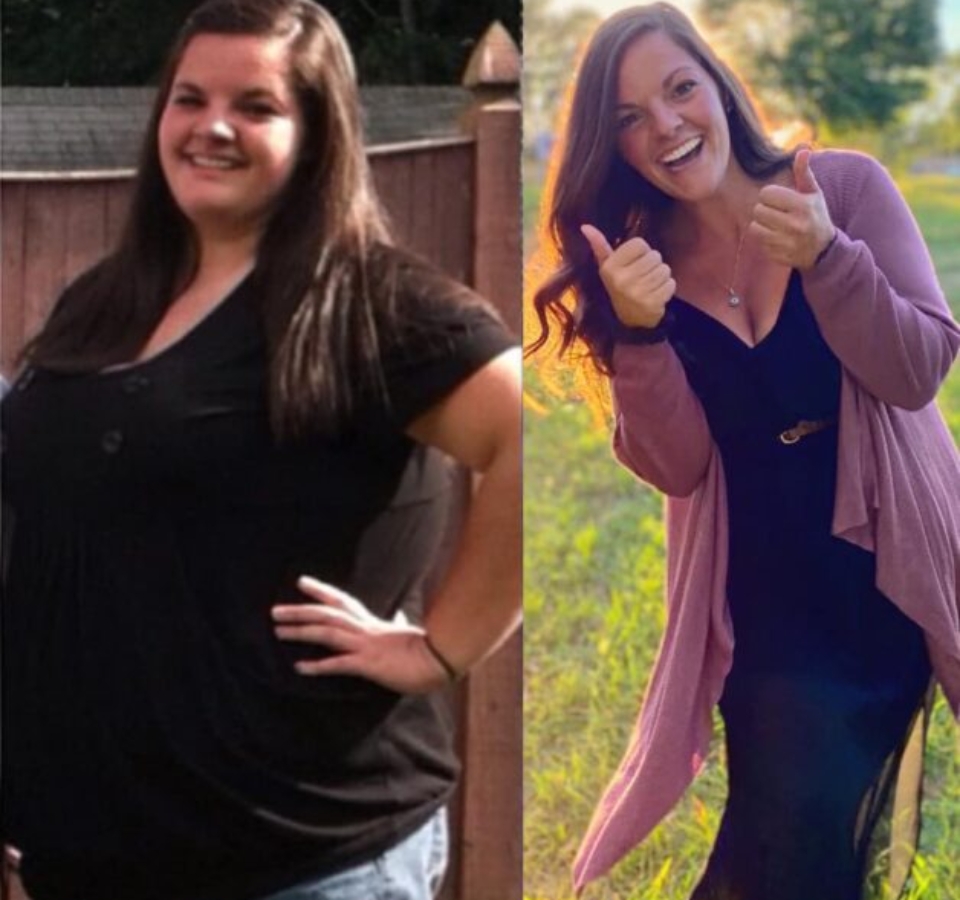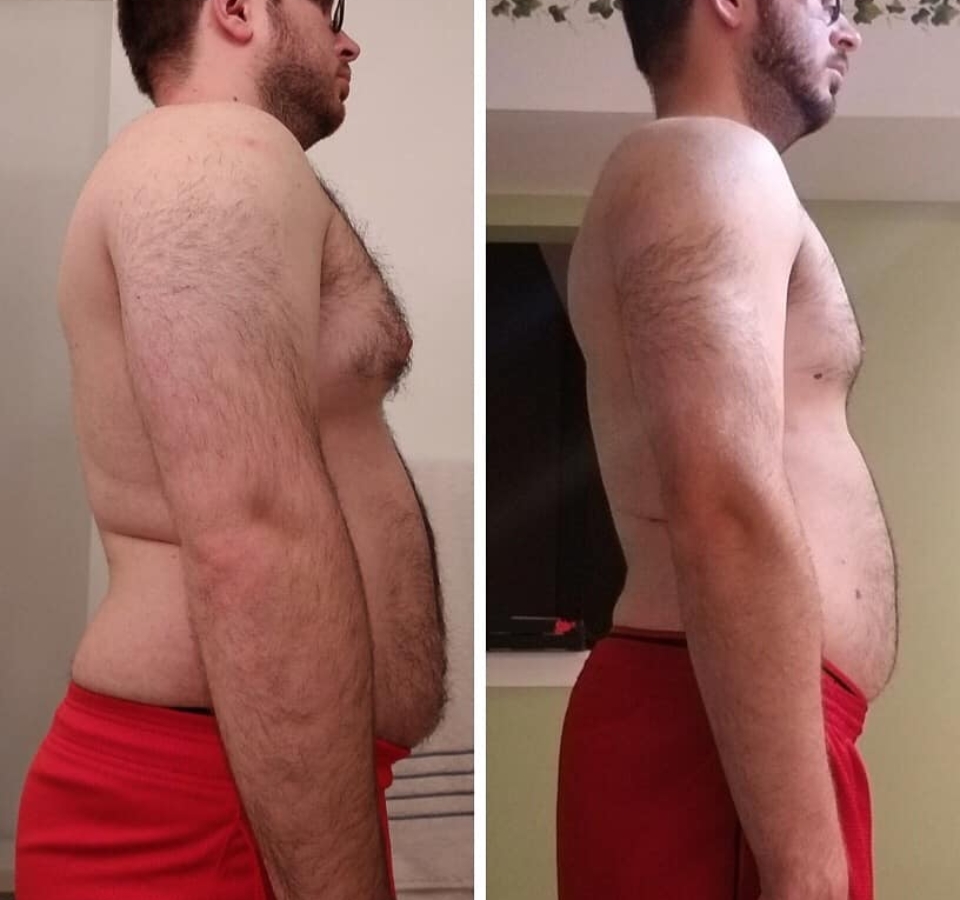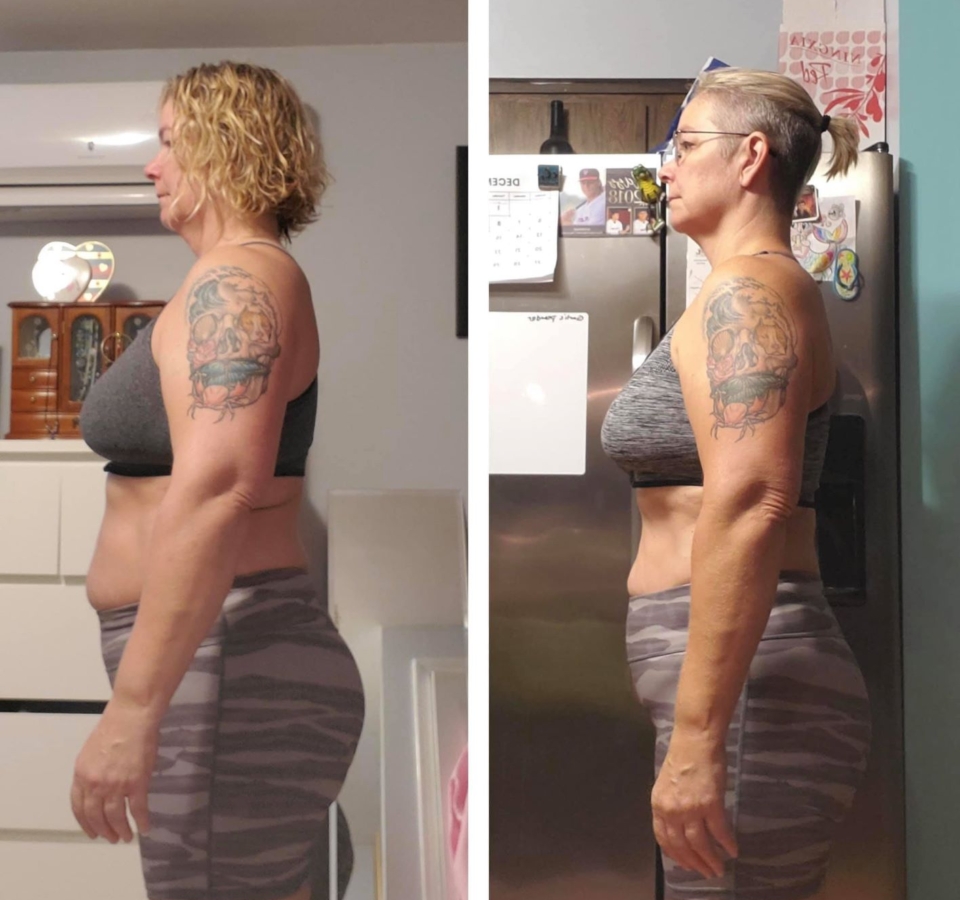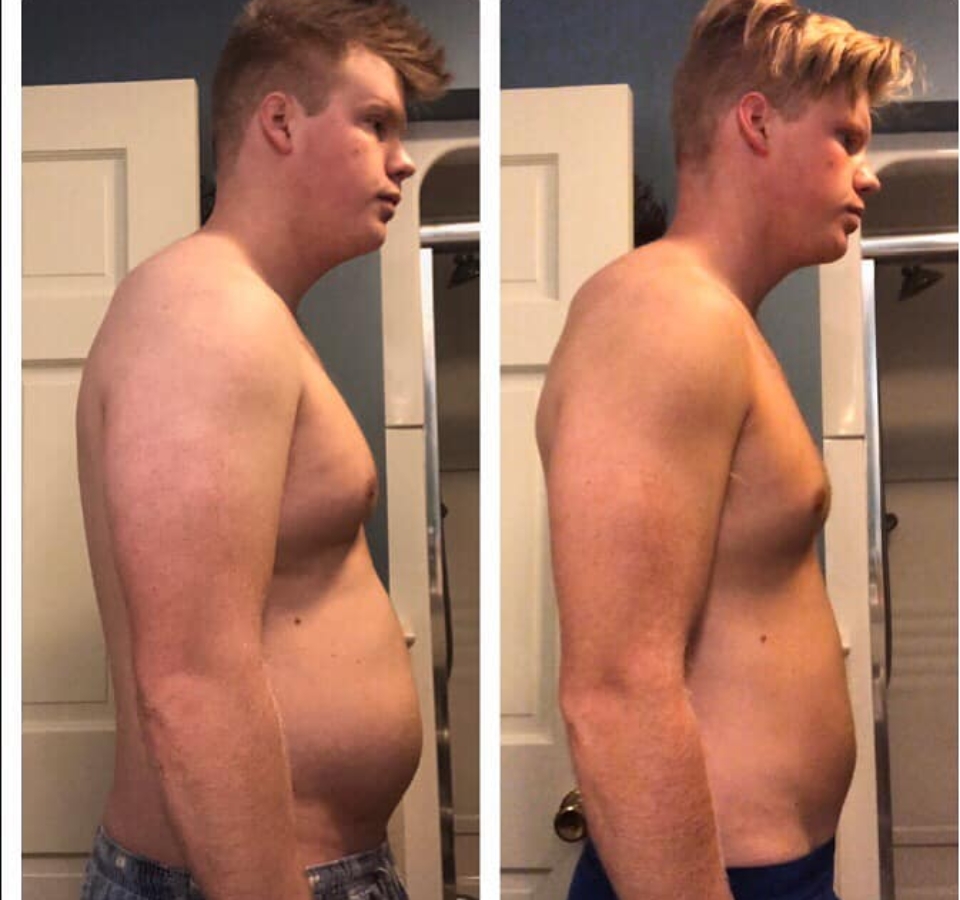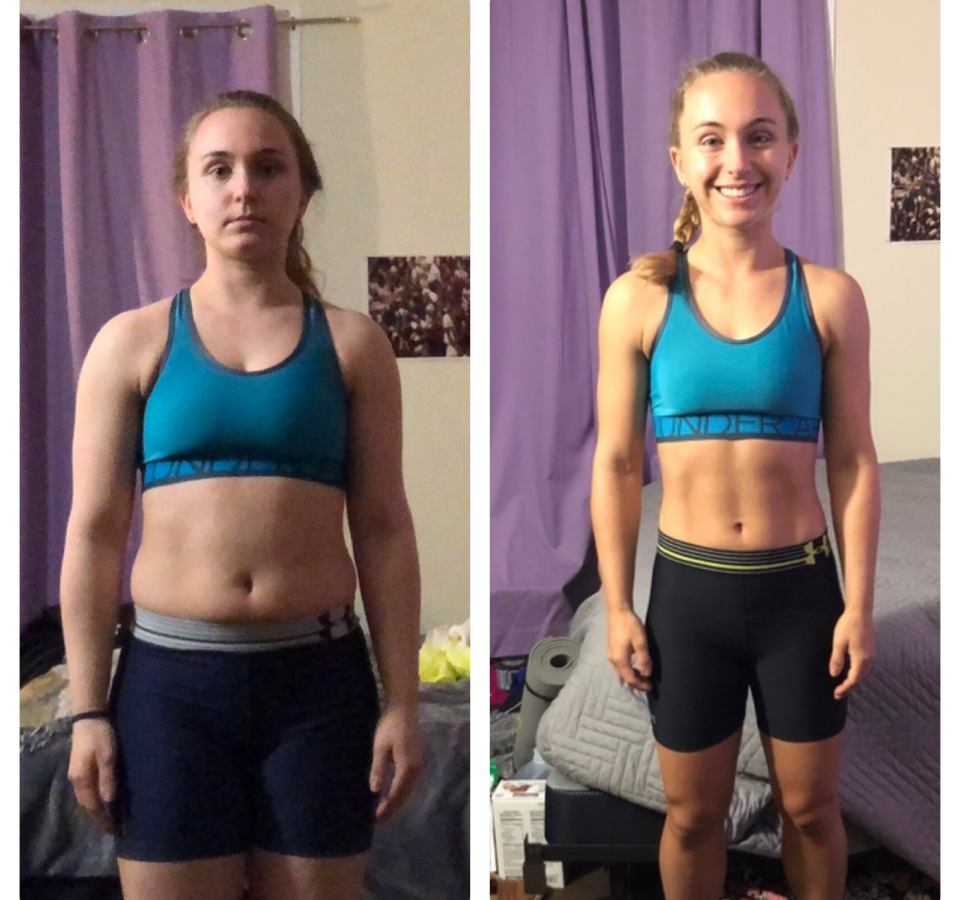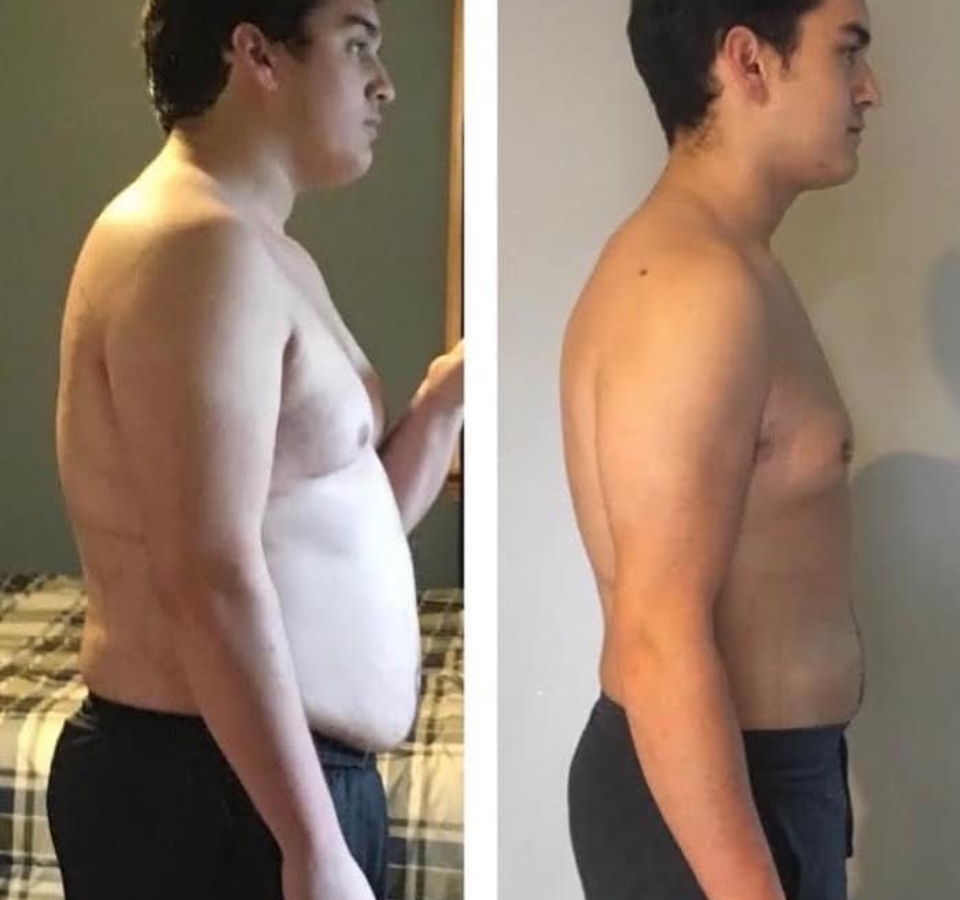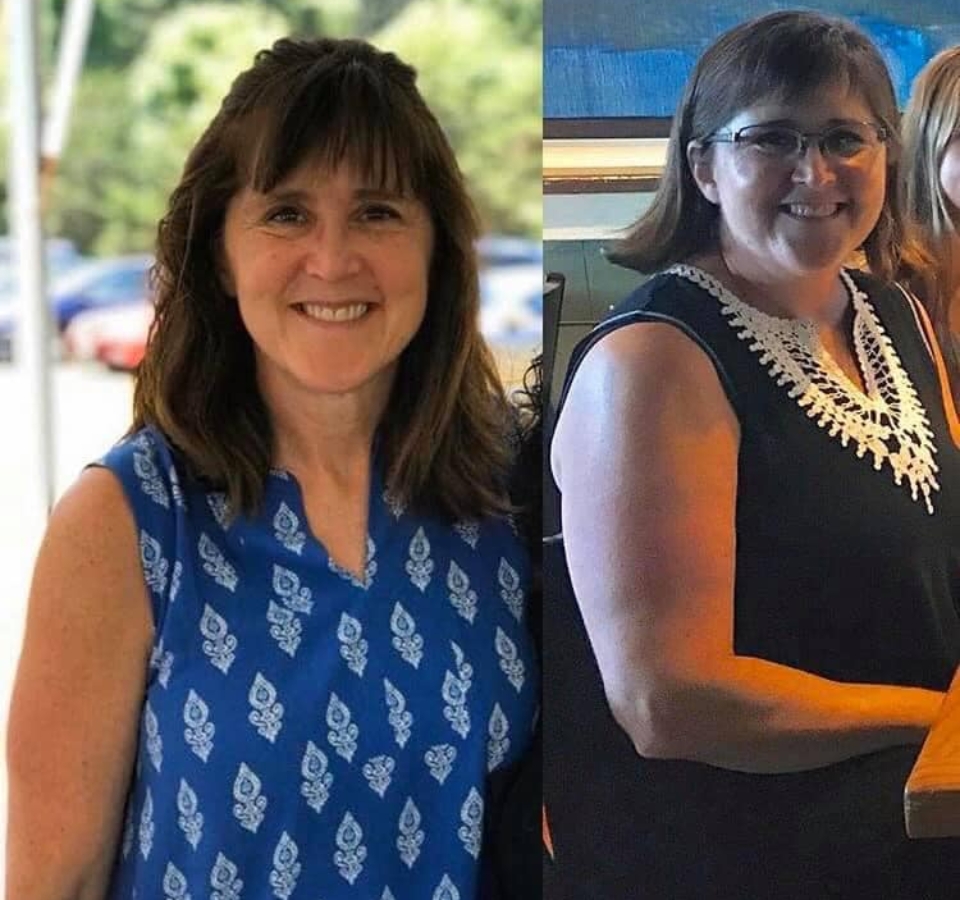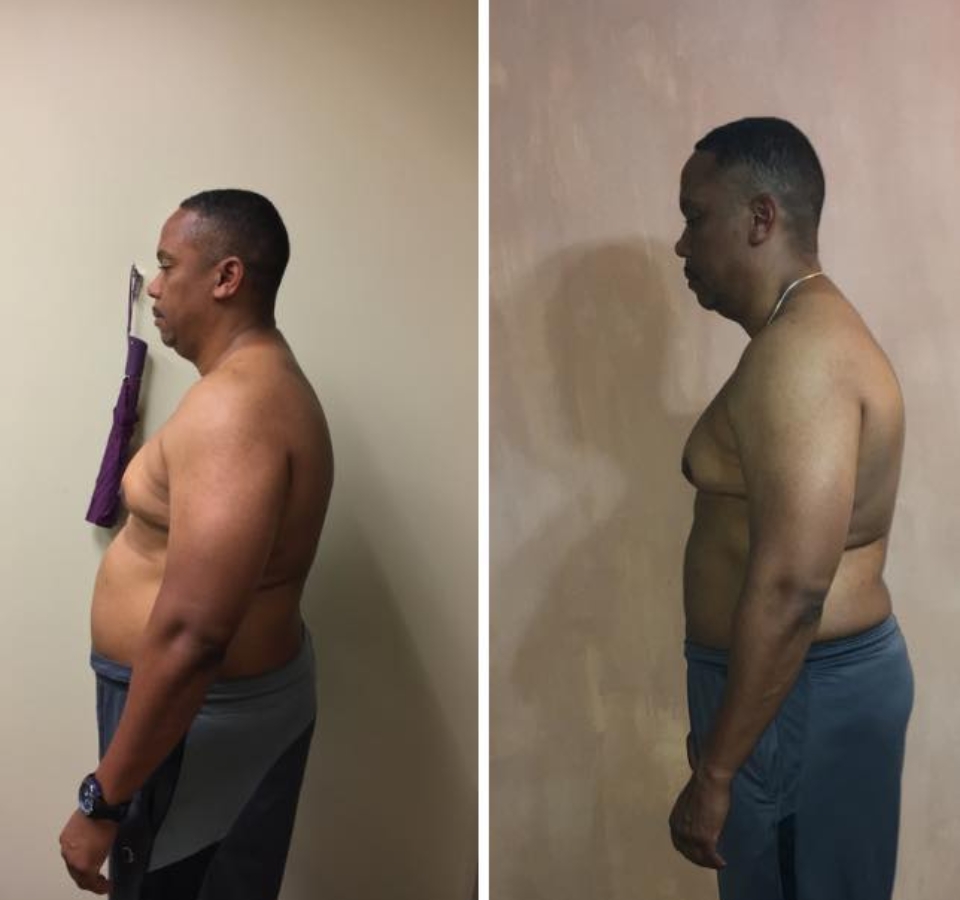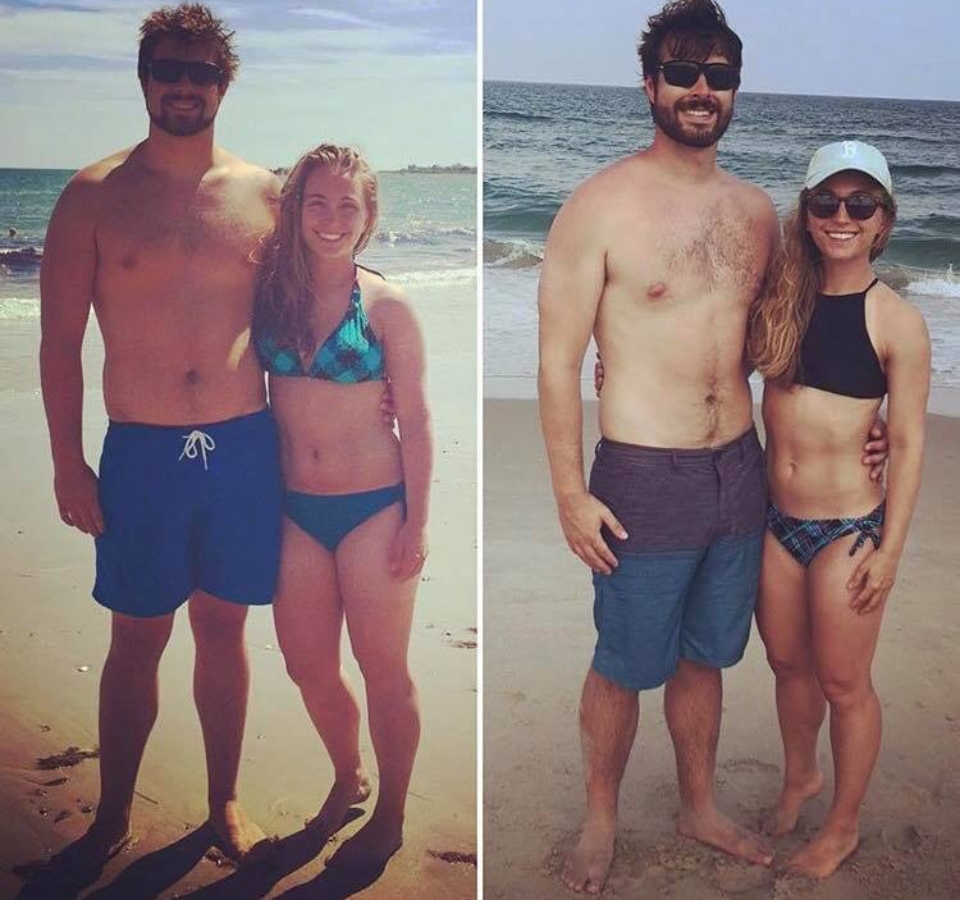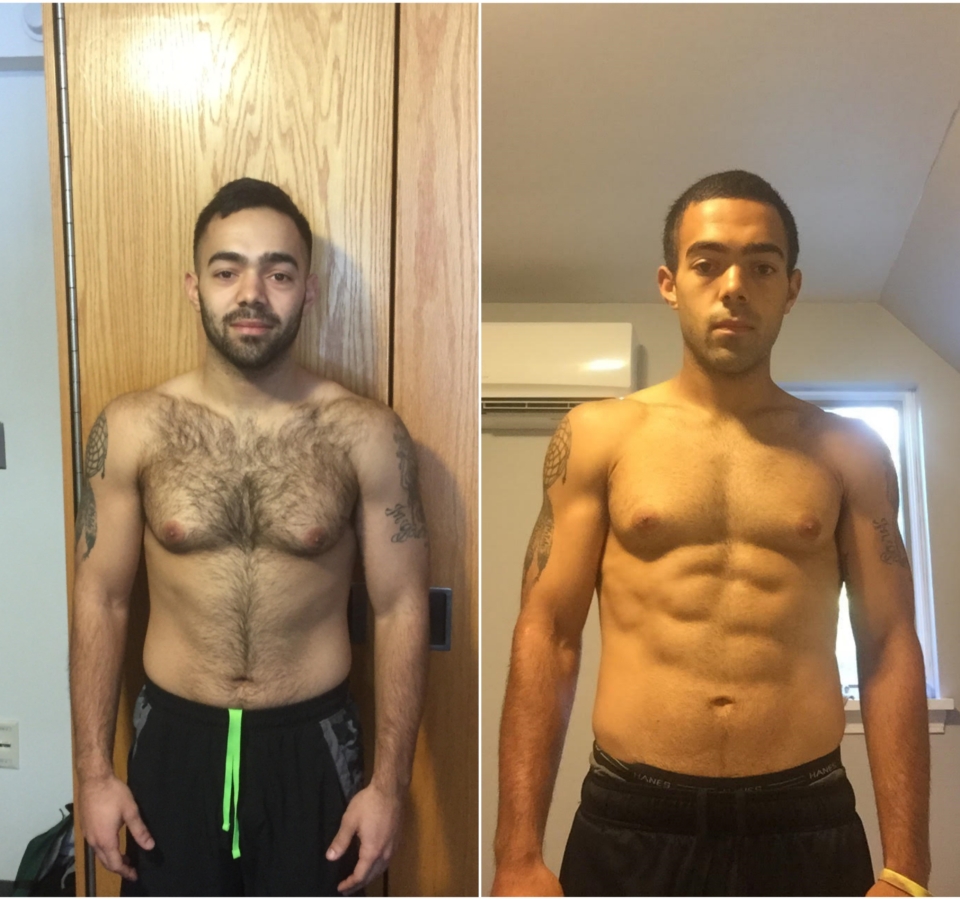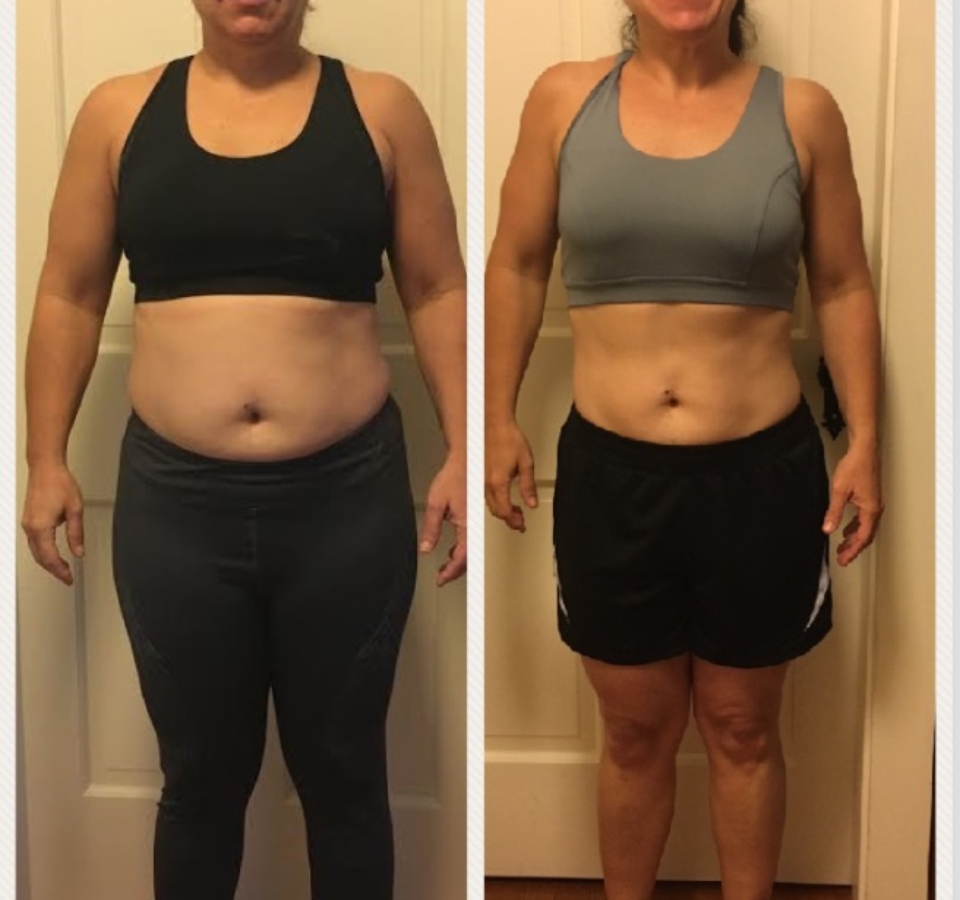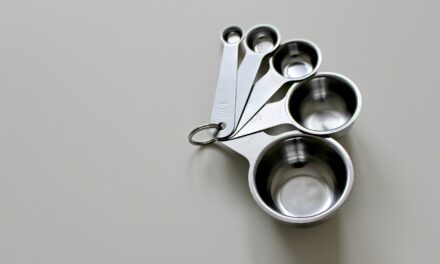I’ll be the first to admit I used to dive right into diets without properly preparing for them—which may sound silly to some.
I mean, what’s to prepare for? Don’t you just eat less? Or healthier?
That’s what I used to think, and it bit me in the butt more times than I can count. Because there are five things every dieter needs to do BEFORE beginning a transformation journey if they’re remotely interested in:
- Milking every drop of progress possible
- Not dieting longer than they have to
- Keeping hunger and cravings at bay
- Getting results they can “keep”
Skipping these steps and diving right into a diet is like starting a marathon with a stress fracture, sprained ankle, and a migraine. You might finish, but it’s unlikely, and there’s a good chance you’ll be worse off after it’s over.
So what are these magical steps, Sam?
Possibly the least sexy, most overlooked, seemingly elementary suggestions known to man:
- Getting your sleep in check
- Managing your stress
- Eating higher quality foods
- Eating more mindfully
- Becoming more active
This is where I’ll lose (conservatively) 90+% of people reading this. They’ll make the same mistake I did, which is thinking you can work on these while beginning a diet. But there are several downsides to trying to do this:
- Your body will be less responsive
- Your results will be minimized
- You’ll find this unnecessarily hard
- You risk feeling overwhelmed
- You’ll feed into impatient behavior
That’s why I recently “mandated” that all new clients undergo an 8-10+ week Primer Period (where we get these in check BEFORE doing anything else)—and the results have been fantastic. People are approaching their journeys with more patience, agonizing over numbers (like the scale and calories) less, and generally feeling much better.

People haven’t been agonizing over numbers (like on MyFitnessPal) and it’s been great for them
Here’s how I recommend you do the same before beginning your journey:
1) Slay the sleep dragon FIRST
A 2010 study found that sleep deprivation reduced weight loss by 55% and muscle retention by 60%. In other words, not taking your sleep seriously might DOUBLE your transformation timeline—and this is generous… because low quality sleep also increases ghrelin, your hunger hormone, while decreasing leptin, your fullness signal.
So you’ll lose less fat, hang onto less muscle, and be unnecessarily hungry while dieting if you don’t get your sleep in check.
Here are the biggest sleep mistakes I see:
- Hitting snooze
- Drinking caffeine later in the day
- Having electronics in the bedroom
- Not having a bedtime ritual
- Going to bed after 11PM*
Cleaning up these five issues alone will make a bigger difference in your transformation journey than I can possibly articulate. Here’s how you can do it:
✓ Set a non-freaking-negotiable morning alarm. The second you hit snooze, you’re destroying your energy, momentum, and fighting an uphill battle the rest of the day.
✓ Don’t have any caffeine until you’ve had 32+ ounces of water, and reassess whether you genuinely need it for energy (you probably won’t). Then, have a HARD “caffeine cut-off” of 12PM.
✓ Set a “reverse alarm” to remind you to unplug 20-30+ minutes before bed. The earlier, the better.
✓ When the alarm goes off, immediately shut down your gadgets and begin your alternative routine: which might include journaling, meditation, tidying up, stretching, yoga, mobility drills, hanging with your partner or roommate, or reading (my favorite).
✓ Make sure your bedroom is conducive to sleep for when this routine begins. This means it’s electronic-free (TV’s are a death sentence), pitch black, and fairly cool (~62-68 degrees).
*Not all hours are created equal. Hours before midnight are TWICE as valuable as hours after.
2) Don’t underestimate stress’s impact
Chronic, high stress both directly and indirectly hinder the transformation process. Directly, by:
- Keeping cortisol (your body’s stress hormone) high
- Making your body less responsive to a reduced calorie diet
- Reducing the amount of food you can eat while still losing weight
And indirectly, by:
- Making you more likely to stress eat
- Making you less likely to sleep well
So you can imagine how next-to-possible it is to overcome a complete lack of stress management. And we can’t forget that dieting itself is a stressor, along with hard workouts. “Positive stressors,” yes—but still stressors.

Managing stressors is HUGELY important for dieting success
Here are some realistic ways to manage your stress levels:
✓ Get ridiculously good at managing your time, as the vast majority of stressors I see with clients [like running late to work in the mornings (even virtually), missing work deadlines, “not having time” to cook, and missing workouts] is the direct result of not taking this seriously.
✓ Pay close attention to your “good mental health days,” and what they have in common. Maybe you unplugged for a bit. Maybe you got to socialize more than usual. Maybe you got outside in the sun. Once you identify what makes you feel good, practice the first strategy and put these things into your calendar. Otherwise, they won’t happen.
✓ STOP calling yourself a(n) “stressball,” “worry wart,” and “anxious person.” You are none of things. You are a human being experiencing these emotions, and not separating your feelings from your identify is a one-way ticket to a self-fulling prophecy.
3) Upgrade one meal at a time
When I take on a new client, I don’t rip apart every meal I see in MyFitnessPal. That’d be incredibly discouraging and non-productive. Instead, I start with either (A) lowest quality choices that shouldn’t be in heavy rotation, OR (B) the easiest options to swap.
If I start with the former, I may challenge a client to go from drinking four times per week to once or twice per week, as it’s AN incredibly harmful habit to drink often. Or I might question the necessity of dessert every night, which is typically mindless and completely unnecessary.
If I start with the latter, I might have them swap scrambled eggs for scrambled eggs and egg whites. Or swap their bread and butter for fruit and nuts (which offer healthier carb and fat calories). Over time, we’ll upgrade most items in their food diaries to foods like these:
What you DON’T do is try to completely overhaul everything overnight. Depending on how poorly you eat, these upgrades may take 3+ weeks (sometimes more).
4) Stop “cleaning your plate”
Once food quality is in check, we prioritize food quantity more—which starts with eating more mindfully (and less out of habit and convenience). I like to make this extremely tangible with a set of questions to ask before, during, and after the meal.
Beforehand, you ask:
- Am I well-hydrated?
- Was I patient with this hunger?
- Am I bored or stressed?
During, you ask:
- Am I undistracted?
- Am I genuinely still hungry?
- How will I feel later?
Afterwards, you ask:
- Am I happy with my choices?
- What might I change next time?
In the most simple terms, a meal should be over when you’re satisfied, not stuffed—with the rare exception being a scenario where somebody is chronically undereating—but I don’t see this with dieters often.
5) Schedule movement early
My good friend Amber Tacy (of Dancers Who Lift) uses the hashtag #NeverMissAMonday, and I’m a HUGE fan of the message behind it.
If you start off the week rescheduling or missing a workout, what’s the likelihood of you finishing a week strong? If you’re already making activity negotiable?
Naturally, this doesn’t only apply to workouts and Monday’s. It applies to any activity not done on time, which sets the tone for a non-productive day. That’s why I have most of my clients try to get outside before work for a quick walk, so they’re beginning the day on a high note and more likely to follow through with their other commitments.

Walking might be the single most underrated fat loss tool
So I’d strongly consider scheduling activity early in the week and day, unless you’re the rare breed who’s completely consistent with evening workouts.
Again, it’s not lost on me that 90% of dieters—myself included, at one point—will dive right into a diet without taking the time to:
- Sleep earlier and better
- Manage stress
- Improve food quality
- Improve mindfulness
- Move often and early
But if you’ve made it this far, I’d like to think you’re the exception who isn’t going to rush the process for the sake of non-meaningful (OR lasting) drops in scale weight. So here’s a recap on how do things the right way:
✓ A good night’s sleep starts in the morning, by not hitting snooze OR slugging coffee before hydrating well. Then, it’s important to practice a consistent (electronic-less) bedtime ritual, and hit the hay by 11PM (or earlier).
✓ Most stress management issues can be avoided by taking time management extremely seriously, paying attention to “good mental health days” and scheduling your “positive triggers” into your day-to-day, and no longer identifying as a “stressed, anxious person.*”
*You are a person experiencing these emotions. They do NOT define you.
✓ Drastic dietary overhauls typically don’t go well, so I recommend “upgrading” one meal at a time. For example, swapping your eggs and toast for eggs and an apple. Or swapping your protein bar (which is typically low quality and candy bar-esque) for Greek yogurt and pineapple.
✓ A meal should end when you’re satisfied, not stuffed, so it’s important to pay attention to non-numerical nutritional metrics, like whether you’re dehydrated, if you’re genuinely hungry for another diet (or sip), and how you feel after the meal.
✓ It’s in your best interest to get active early in the day (or week), to set the tone for non-negotiable self-care. If you’re constantly procrastinating, or rescheduling workouts, it’s unlikely you’ll ever be consistent.
Most importantly, know that I’m an email away (HERE) if I can be helpful implementing these strategies. Or, we can take it one step further by working together to develop a personalized approach that produces results like this:
Either way, I’m your corner:
Let me know how I can help!


